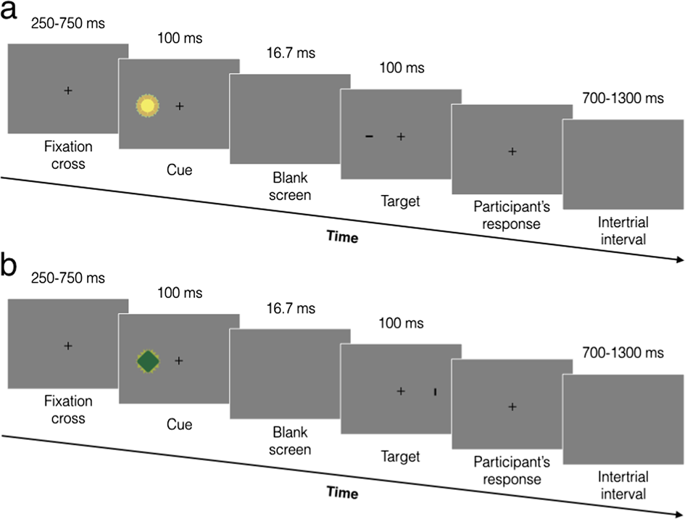npj Science of Learning ( IF 3.6 ) Pub Date : 2019-04-24 , DOI: 10.1038/s41539-019-0043-3 Yoann Stussi , Aude Ferrero , Gilles Pourtois , David Sander

|
Pavlovian aversive conditioning is a fundamental form of learning helping organisms survive in their environment. Previous research has suggested that organisms are prepared to preferentially learn to fear stimuli that have posed threats to survival across evolution. Here, we examined whether enhanced Pavlovian aversive conditioning can occur to stimuli that are relevant to the organism’s concerns beyond biological and evolutionary considerations, and whether such preferential learning is modulated by inter-individual differences in affect and motivation. Seventy-two human participants performed a spatial cueing task where the goal-relevance of initially neutral stimuli was experimentally manipulated. They subsequently underwent a differential Pavlovian aversive conditioning paradigm, in which the goal-relevant and goal-irrelevant stimuli served as conditioned stimuli. Skin conductance response was recorded as an index of the conditioned response and participants’ achievement motivation was measured to examine its impact thereon. Results show that achievement motivation modulated Pavlovian aversive learning to goal-relevant vs. goal-irrelevant stimuli. Participants with high achievement motivation more readily acquired a conditioned response to goal-relevant compared with goal-irrelevant stimuli than did participants with lower achievement motivation. However, no difference was found between goal-relevant and goal-irrelevant stimuli during extinction. These findings suggest that stimuli that are detected as relevant to the organism can induce facilitated Pavlovian aversive conditioning even though they hold no inherent threat value and no biological evolutionary significance, and that the occurrence of such learning bias is critically dependent on inter-individual differences in the organism’s concerns, such as achievement motivation.
中文翻译:

成就动机将巴甫洛夫厌恶条件调节为与目标相关的刺激
巴甫洛夫式的厌恶性调节是学习的基本形式,可帮助有机体在其环境中生存。先前的研究表明,生物体准备优先学习恐惧刺激,这些刺激已经威胁到整个进化过程中的生存。在这里,我们研究了增强的巴甫洛夫式厌恶条件是否会发生与生物和进化方面的考虑之外的,与生物体相关的刺激有关的刺激,以及这种偏好的学习是否受到个体间情感和动机差异的调节。72名人类参与者执行了空间提示任务,其中实验性地控制了初始中性刺激的目标相关性。随后,他们经历了一个不同的巴甫洛夫式厌恶调节条件范式,其中与目标相关和与目标无关的刺激充当条件刺激。皮肤电导反应被记录为条件反应的指标,并测量参与者的成就动机以检查其对其的影响。结果表明,成就动机将巴甫洛夫式的厌恶性学习调节为与目标相关和与目标无关的刺激。与目标无关的刺激相比,成就动机较高的参与者比目标无关的刺激更容易获得对目标相关的条件性反应。然而,灭绝过程中与目标相关和与目标无关的刺激之间没有发现差异。











































 京公网安备 11010802027423号
京公网安备 11010802027423号